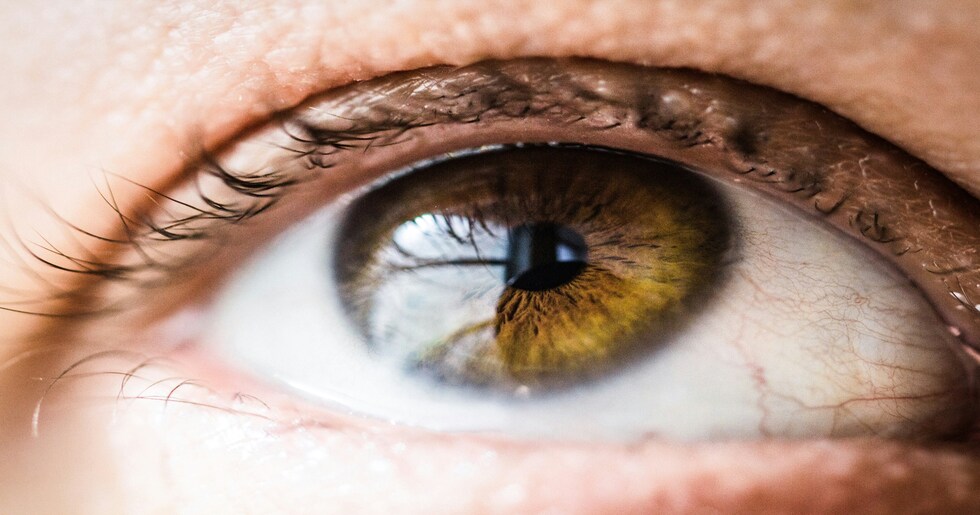Relief of Macular Degeneration Symptoms
Published on August 27, 2024By Laura M. (Contributor)
Contents


This causes blurry central vision (the type of sight you use when you read), making it hard to do everyday activities, such as reading and driving. In this article, we address the symptoms and risk factors of migraine as well as ways to combat its effects.
What is Macular Degeneration?
Macular degeneration is a disease of the eye like which adversely affects only macula.
Dry and wet macular degeneration are the two main types. The dry form is typical and the wet form more severe and faster progressing.
Common Symptoms
- Blurry Vision: Blurry or wavy vision, especially in the center of your visual field is usually among arthritis eye warning signs.
- Degeneration of the Macula: As disease progression continues, you may experience a gradual loss of your central vision while keeping most peripheral sight.
- Anyone With Trouble Seeing Fine Details: People who have problems reading small print or seeing detail on objects.
- Flashes or Floaters: Dark spots — The patient may notice a dark spot in the center of his visual field.
- AmslerDistorted lines may be wavy or crooked (metamorphopsia)
- This can change color perception: In some cases of macular degeneration, it affects how one sees colors — with perfect vibrant hues appearing less than sensational.
Risk Factors
- Age: Macular degeneration is a risk that increases based on age, and it affects mostly people who are over the 60 years of ages.
- Genetics: a family history can increase your risk of developing macular degeneration
- General Lifestyle: smoking, diet and prolonged exposure to the sun without protecting your eyes.
- Medical Conditions: Some diseases can also be risk factors, such as hypertension and obesity.
- Gender and race: Female gender as well as white ethnicity are risk factors for the development of macular degeneration.
Strategies to Relieve Symptoms
- Dietary Supplements: There may be some benefit in taking supplements that contain high levels of antioxidants, zinc, lutein and zeaxanthin.
- Healthy Diet: A diet rich in fruits, vegetables, oily fish and nuts can be good for vision
- Eye Protection: Protect your vision from sun damage by wearing UV-blocking sunglasses.
- Quit smoking: Yes, not to smoke then if you are ever a smoker it will also reduce the risk of macular degeneration going further.
- Ophthalmologist Visits: Regular eye exams can help detect the disease early on or keep it from progressing.
- There Are No Other Conditions: If you keep other health conditions like high blood pressure and diabetes in check, this can help lower the probability.
Medical treatments
- Injection Therapy: For wet macular degeneration, intraocular injections of anti-VEGF medications can help decrease the growth of abnormal blood vessels and alleviate symptoms.
- Photodynamic Therapy: Utilizes a combination of light-sensitive drug (photosensitizing medication) and laser to wipe out anomalous veins inside the retina.
- Laser: Also called thermal laser, this may be used to cauterize abnormal blood vessels.
- Low Vision Products: Large print, magnifying glasses and other products that can assist with the use of residual vision.
- OPHTHALMIC REHABILITATION: Vision rehabilitation programs can teach you strategies for making the most of your vision and carry out routine activities.
- Investigational Therapies: New therapies like gene therapy and retinal implants are actively under investigation and may become therapeutic options in the future.
Tips for Managing Macular Degeneration
- Proper Lighting:: Adequate lighting in your home and work can help you see better by reducing eye strain.
- Many things can be done in the home using adapted at-home equipment (e.g. large-lettered watches and phones).
- Therapy And Support Groups: Emotional support with peer groups, family and counseling is very useful to manage the psychological aspects of losing vision.
- Use available assistive technologies: Assistive technological tools – for example, using e-readers, text-to-speech applications etc can enhance your way of life.
- Live a Full Life: Regular physical and social activity will keep you healthy generally, while also contributing to your happiness.
- Ongoing Education: When a patient understands the illness and treatment alternatives, they can better question their care choices.
Conclusion
It may be a difficult eye condition, however patients who with proper treatment strategies can reduce their symptoms and improve the quality of life. Timely detection and evidence-based management of this condition are necessary to preserve vision and independence.





